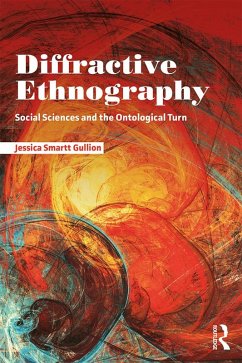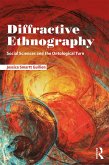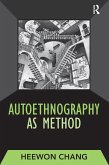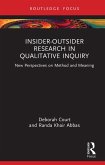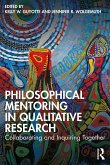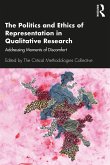Dieser Download kann aus rechtlichen Gründen nur mit Rechnungsadresse in A, B, BG, CY, CZ, D, DK, EW, E, FIN, F, GR, HR, H, IRL, I, LT, L, LR, M, NL, PL, P, R, S, SLO, SK ausgeliefert werden.
Sandra L. Faulkner, Bowling Green State University, author of Real Women Run
Sandra L. Faulkner, Bowling Green State University, author of Real Women Run

